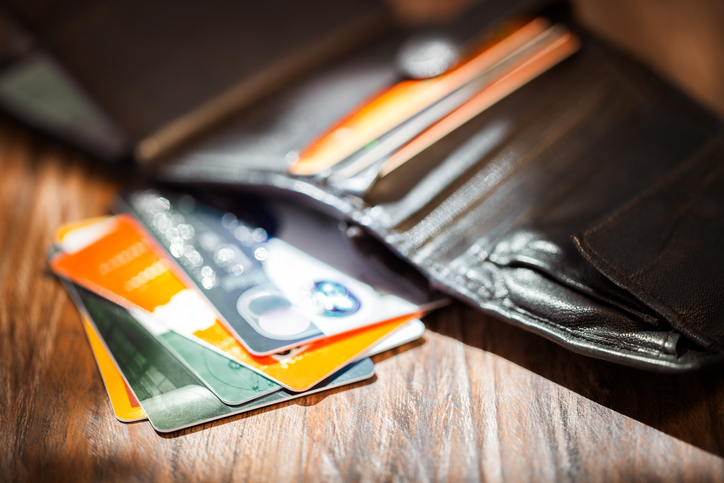No, this isn’t a credit card ad. But it is a question you’ll need to ask yourself if you’re traveling for business or relocating abroad. How can you expect to pay for things in the country you’re traveling to?
Cash
It’s easy – and necessary – to find out what the local currency is before traveling. Do you know if merchants will accept your home country currency as well? In many places, the U.S. dollar and/or euro can be used for purchases, in addition to the local currency. (Note that sometimes old or torn bills are not accepted.)
Certain developing countries are still cash economies, and in places like Myanmar people carry their kyat around to make daily purchases. Typical reasons for this are lack of financial infrastructure, technology, security, sometimes even power supply.
But as connectivity develops, countries often leapfrog traditional payment methods for electronic systems. Various factors can lead to widespread adoption of mobile platforms, as is the case with Kenya’s M-PESA. Originally facilitating urban workers’ aim to safely send money home to rural families, M-PESA has supported Kenya’s economy in positive directions since its launch a decade ago.
When cash is required, you’ll need to know where to exchange it. Check the rates and fees at your arrival airport and at banks – both international and domestic – as well as ATMs and money changers. Depending on your length of stay, you may want to open a local bank account to facilitate transactions.
Credit and debit Cards
Bank-issued cards are very popular for their security, ease, and wide acceptance. EMV chips and contactless technology further enhance safety and convenience. Chip-and-PIN cards are very common in the U.S., while contactless cards are in high use in the U.K. Check with your card issuer to confirm that your card will be accepted at your destination.
Some of these cards have no foreign transaction fees, which is another plus. But if not, inquire about foreign fees and any other charges that may be applied to purchases or ATM use abroad. Notify your bank prior to departure so that foreign activity is not flagged as fraud and denied.
Fraud and theft are other issues with cards. Travelers should safeguard credit and debit cards while staying at a hotel, using ATMs, and making purchases in person or online. While financial technology helps to eliminate some risk, skimmers, scammers, and thieves are always evolving.
Debit card use has surpassed that of credit cards globally. They are now used at a ratio of 90:10, according to Capgemini and BNP Paribas’ World Payments Report 2017*. The report cites strongest growth in countries like India, Malaysia, and Thailand.
Mobile payments
Mobile transaction technology is delivered through banks and telecom companies via platforms like Apple Pay, Google Pay (formerly Android Pay and Google Wallet), Mastercard’s Masterpass, PayPal Mobile, and Visa Checkout – depending on where you are. The landscape is constantly changing, especially in Africa, where South Africa is a leader in mobile payment growth.
Mobile payment features include using NFC (Near Field Communication) to complete a purchase near a payment terminal, sending money to a peer, shopping online, and tracking loyalty programs.
Practical applications while abroad are for banking, local shopping, sending funds to people back home, and paying easily for transportation.
Methods in decline
Personal checks use is in steady decline worldwide. In fact, Australia and the U.K. have future plans to phase out checks, according to the World Payments Report.
Traditional travelers’ checks are also in less use, and accepted fewer places than they once were. However, the concept has evolved into products that look like credit cards and work like travelers’ checks, so that is still an option from some banks – like Visa’s TravelMoney, for example.
Planning ahead
Your travels will be smoother if you educate yourself on your host country’s financial landscape. Living Abroad’s 197 destination reports provide information on currency, exchange, banking, making payments, and paying bills. We’ll help you plan ahead so you can make sure your wallet – or smartphone – has the latest legal tender.
*Read more here.
For an interesting read on Africa, click here.
Written by Ellen Harris, GMS – Product Manager, Content Group


